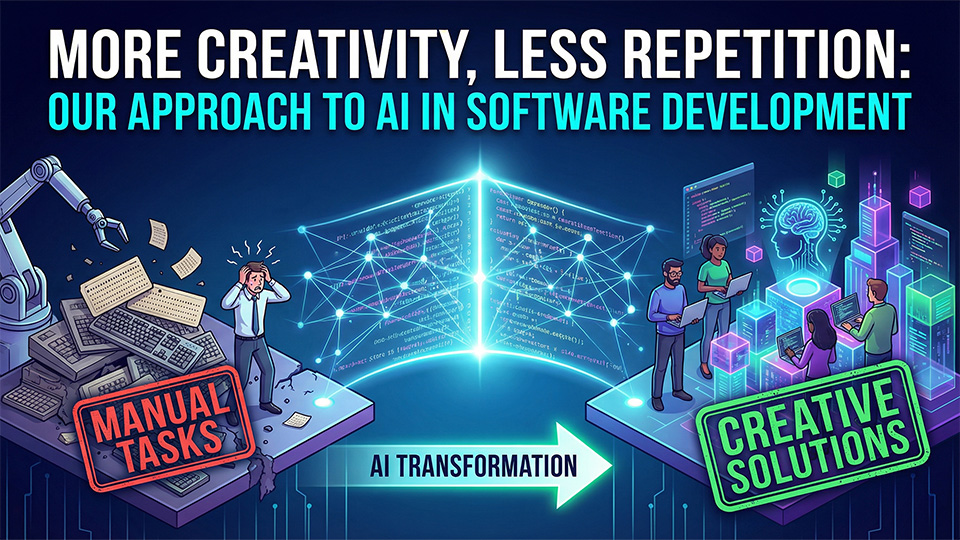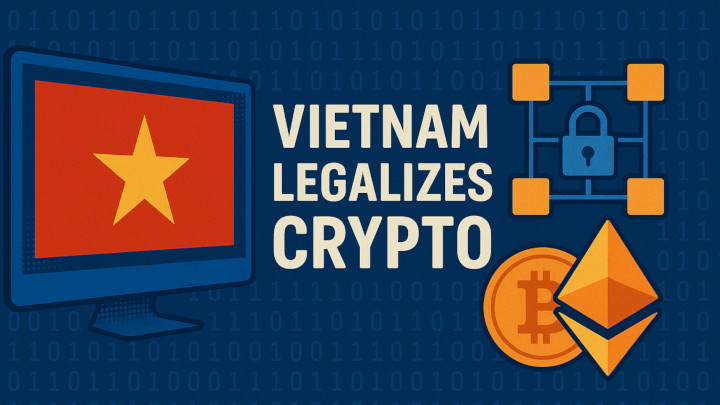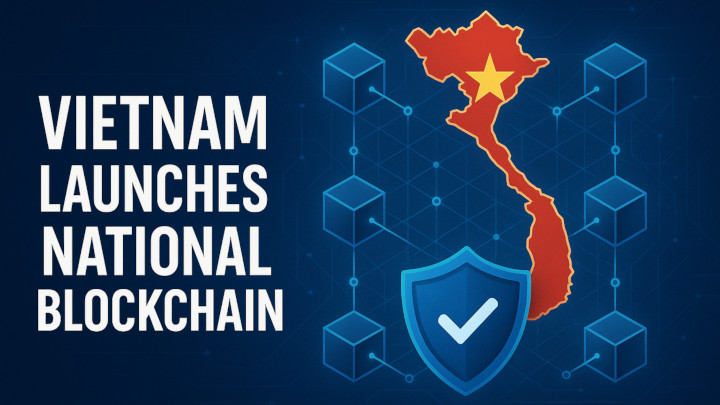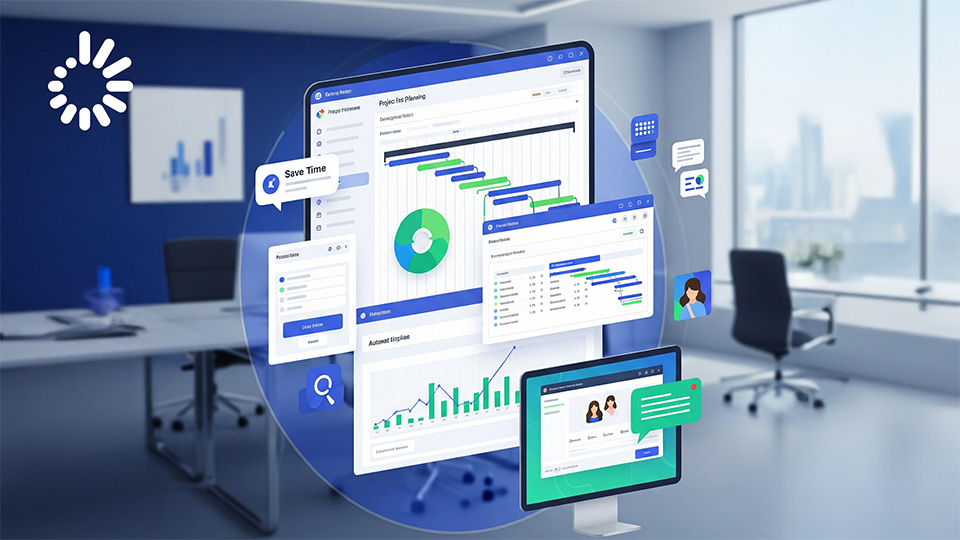September 10, 2022
How IoT is Making our Cities Smarter and Safer
Introduction
The technological revolution has led to a more productive life with a lower crime rate and a higher standard of living. Natural disasters, theft, and other threats to our safety are lowered more than double because cities are becoming smarter and safer. How so?
What is a smart city?
You may have heard of this term before that some popular cities are called smart cities. But what does that mean? The term “smart city” is a framework that is predominantly composed of Information and Communication Technologies (ICT) to develop, deploy, and promote sustainable development practices to facilitate urban planning. Behind this is an intelligent network of connected objects and machines that transmits data through the Internet called the Internet of Things, or IoT.
Why do we need smart cities?
Urbanization is a non-stop phenomenon. The growing population in urban cities, either through natural birth or immigration from rural areas and abroad, can lead to increased crimes and disasters from clustered carbon footprints. To keep the population happy and thriving, authorities in these areas need to be more flexible and agile in implementing changes and launching swift initiatives, achievable with IoT.
Applications of IoT in smart cities

Now that you know what smart cities are, how do we achieve them? How is this technology of the future going to impact urban challenges? Here are a few applications that can completely reconstruct how these urban areas are planned and managed and improve living standards.
Traffic management: Infrastructure is failing to keep up with the overpopulation and urban growth, forcing city planners to devise a solution to the severe traffic that affects people’s lives. IoT sensors can send data on empty parking spaces or clear roads, which is optimized to save time and decrease rates of road accidents. In this respect, Singapore's Intelligent Transport System (ITS) makes use of IoT gadgets like cameras, sensors, and GPS to regulate traffic lights, monitor traffic conditions, enforce traffic laws, and direct cars and commuters. The development of self-driving vehicles, which can lessen human error and improve road safety, is also supported by the ITS.
Energy & Waste management: Solar-powered smart waste management system using IoT technology efficiently collects waste, decreases operating costs, and reduces garbage overflow and pollution on the streets. For example, in Amsterdam, the City-zen project uses IoT devices such as smart meters, thermostats and solar panels to monitor and control energy consumption and production in households and buildings. The project also uses blockchain technology to enable peer-to-peer energy trading among prosumers (consumers who also produce energy).
Air Quality Management: Smart cities capture pollution data in real-time and forecast emissions, making them able to create short and long-term recommendations to limit the amount of air pollution. Barcelona is an example of a smart city that manages air quality using sensors and cameras. A network of sensors that the city has installed measures the air quality in real-time and provides information on pollution levels. Long- and short-term suggestions to reduce air pollution are made using this data.
Enhance public safety: IoT devices make it easier for emergency services to respond to incidents. Officials can monitor real-time data through sensors and cameras, improving their ability to react in emergencies like natural disasters, riots, aggressions, and suicide attempts. Before this technology, disasters were unpredictable, and people were helpless about how it would affect them. Today, IoT devices gather data from the weather and systematically broadcast signals so that officials can contact people and information more quickly. Cameras also play a role in catching criminals, which adds another layer of security to the city. By way of example, the Smart Complaint System in Seoul enables residents to report any complaints or issues they come across in the city via IoT devices like smartphones, tablets, and kiosks. Additionally, the system makes use of artificial intelligence to examine grievances and offer commentary and remedies.
Smart Cities Examples
There are currently only several smart cities, but the number is still growing.
London: London has developed a SmartPark project to reduce traffic congestion. Paris announced the Paris SmartCity 2050 project, which aims to generate positive energy output from high-rise buildings. London has launched several projects to make the city smarter and more sustainable. For instance, it has developed a London Datastore that provides open access to various datasets on city issues. It has also created a London Office for Technology and Innovation that supports collaboration among local authorities on digital innovation. Moreover, it has established a Smart London Board that advises the mayor on how to use technology for urban development
Pune: Pune, a city in India, already has smart LED e-bikes and is working to integrate IoT technologies further. Although reshaping a city is a very difficult task, more authorities like the idea. The first steps are costly, but the benefit pays off in the long run, and smart cities optimizing IoT devices will soon be everywhere.
Copenhagen: Copenhagen has set a goal to become carbon neutral by 2025. To do this, it has put in place multiple programs, including generating electricity with wind turbines, installing smart meters to track energy use, and promoting cycling and electric vehicles as transportation options. Further, it has developed a platform called Copenhagen Solutions Lab that links citizens to information and urban challenge solutions.
Athens: Athens in Greece has implemented a smart city system that provides 55 online services through its central electronic services site. Free Wi-Fi, mobile and responsive websites as well as apps make Athens a “Smart City”.
Prague: Prague has been implementing the Smart City concept since 2014. The city has developed and implemented pilot smart city projects that mostly focused on traffic, lighting, and waste management. In order to maximize the benefit of these services, there was a need to analyze the acquired data across the smart projects and correlate them with already existing city data sources.
Some Challenges of Smart Cities
Lack of suitable infrastructure
This is one of the biggest challenges for smart cities, especially in developing countries. Installing and maintaining sensors, devices, and data processing systems requires a robust and modern infrastructure.
However, many cities are still using outdated infrastructure, such as wires, pipes, railways, or fiber optics. Upgrading or replacing these infrastructures not only costs a lot but also causes inconveniences for the people.
In addition, deploying smart solutions also needs a stable power supply and widespread internet access. Still, not all areas in the city have equal access to these utilities. This can create inequality and a lack of transparency in the use and sharing of data.
Solutions: Developers and technology companies can help reduce these difficulties by designing smart solutions that are easy to install and use, without requiring too much infrastructure conditions. They can use devices powered by batteries, solar energy, or wireless waves to provide electricity for sensors. They can also use wireless data transmission technologies, such as Bluetooth, Wi-Fi, LoRaWAN, or NB-IoT to connect devices with each other and with the processing center. Moreover, local governments also need to have policies and budgets that prioritize upgrading and building infrastructure for smart cities. They need support from the central government, international and private organizations to invest in these projects. Participating in competitions or programs that support smart cities, such as the Smart Cities Challenge of Canada or the Smart Cities Mission of India, is also a way to raise funds and increase credibility for the projects.
Cybersecurity and data protection
This cannot be ignored when talking about smart cities. Collecting, storing, processing, and sharing data related to the city's operations and people's lives pose many risks for cybersecurity and data protection.
Hackers can attack the smart system to steal, alter, or destroy data. This can have serious consequences for national security, traffic safety, public health, and personal privacy.
Furthermore, the use of smart data also needs to comply with legal and ethical regulations on personal data protection. The stakeholders need to have the consent of the people when collecting and using their data. They need security measures to prevent abuse or disclosure of data to unauthorized third parties. The people also need to be transparent about the purpose, method, and outcome of using smart data.
Solutions: Developers and technology companies need to apply the highest standards of cybersecurity and data protection when designing and deploying smart solutions. They can use encryption, authentication, access control, and backup technologies to protect data from attacks. They also need to have contingency plans in case of cybersecurity incidents. In addition, local governments also need to enact clear laws and policies on personal data protection in smart cities. These laws need to follow the principles of legitimacy and transparency.
Digital divide
The digital divide refers to the gap between those who have access to and can benefit from digital technologies, and those who do not. This gap can be caused by various factors, such as income, education, age, location, and disability.
The digital divide can affect the inclusiveness and fairness of smart city initiatives, as some groups of citizens may be left behind or excluded from the opportunities and benefits that technology offers. Some people may not have the devices, skills, or connectivity to access online services, participate in e-government, or use smart transportation systems.
Solution: To address this challenge, smart city planners need to ensure that their solutions are accessible, affordable, and user-friendly for all segments of the population. They also need to invest in digital literacy programs, public Wi-Fi networks, and community centers that provide access to technology.
Regulatory Barriers
The regulatory barriers refer to the legal and institutional frameworks that govern the use of technology in urban areas. These frameworks may not be compatible with the innovation and experimentation that smart city solutions require.
Some regulations may limit the collection, sharing, or use of data that is essential for smart city applications. Some may also create obstacles to the deployment of new technologies, such as drones, autonomous vehicles, or 5G networks.
Solutions: To overcome this challenge, smart city planners need to work with policymakers and regulators to create a supportive and flexible environment that enables innovation and collaboration. They also need to ensure that their solutions comply with ethical standards and protect the privacy and security of citizens.
Conclusion
The applications of IoT in urban areas have time entirely transformed cities so that they can be safer and smarter for the population inhabiting them. Smart cities with IoT now enjoy safer communities, enhanced citizen and government engagement, reduced environmental footprint, more effective data-driven decision-making, and new economic development opportunities.
At Dirox, we develop IoT programs so that you can improve the operations of your business, just like how authorities are improving the efficiency of their cities.
Contact us to learn more about the opportunities when implementing IoT in your business or if you want to hire an IoT Engineer!






























.svg)













